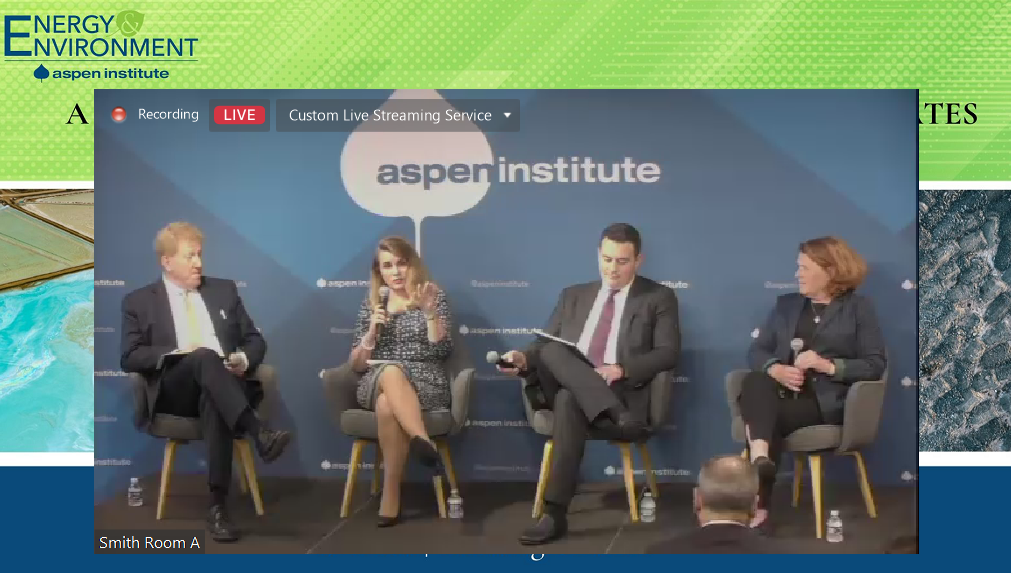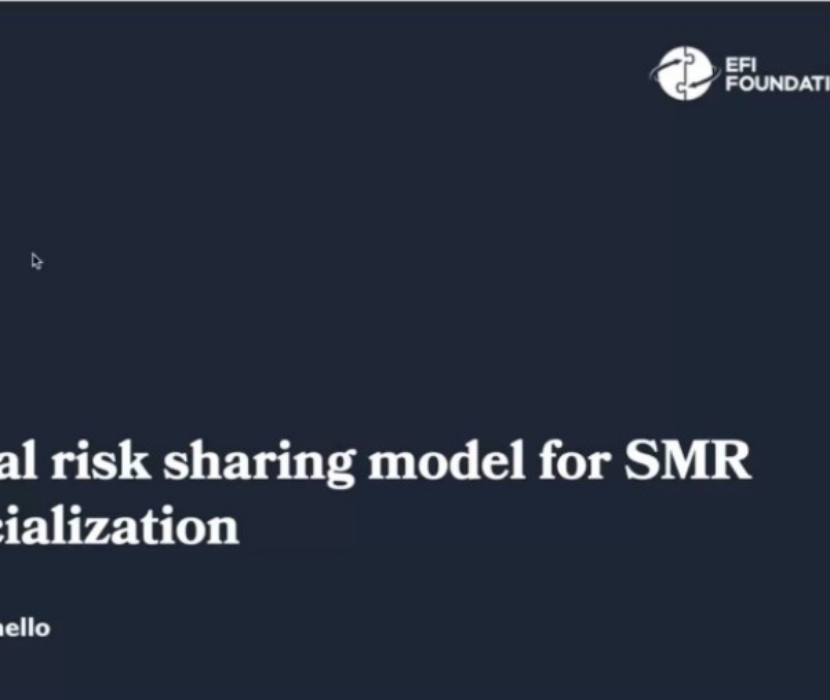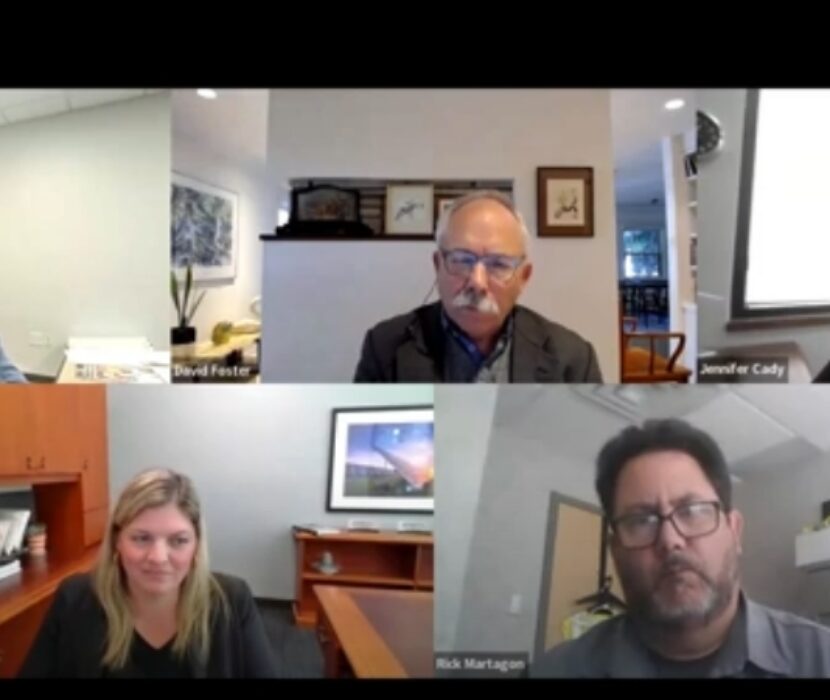
EFI Foundation Secretary Melanie Kenderdine said the United States should be mindful of its critical minerals partnership with China, during the launching of a task force report on U.S. critical minerals policy by the Aspen Institute’s Energy and Environment program. The event, titled “A Critical Minerals Policy for the United States” was held on June 20, 2023, in Washington, D.C. Kenderdine shared her views during a panel discussion on the report’s findings and recommendations for critical minerals in the United States.
The event included introductory remarks from Jason Bordoff (founding director at the Center on Global Energy Policy) and Meghan O’Sullivan (incoming director at the Harvard Better Center), followed by a panel discussion with thoughts from former U.S. Senator Heidi Heitkamp, Rich Powell (CEO at ClearPath), Kenderdine, and moderator Robert Johnston (executive director at the Center on Global Energy Policy).
Kenderdine explained that the United States is reliant on China for a large portion of its critical metals and minerals. The task force report found that China’s current dominance in critical minerals poses threats to energy security and supply chains.
However, Kenderdine also emphasized that China relies on the United States as its primary trading partner. In such a relationship, she said we, the United States, will better meet our needs by taking a diplomatic, less hostile approach.
“It’s an ongoing relationship that is benefitting both parties,” she said.
Even through China relies on the United States for trade purposes, Kenderdine pointed to China’s rapid pursuit of metals and minerals in other parts of the world.
“[China] is aggressively, smartly pursuing some of the [critical materials] that they know we are going to need,” she said, adding that “We need to be very mindful that we [continue to be] a major customer of theirs” while also building out some domestic capacity to build U.S. metals and minerals needs.
Kenderdine praised the report’s recommendations, saying that they have spurred ongoing discussions with U.S. allies and trading partners outside of China about how to diversify U.S. critical minerals supply. In addition to this, Kenderdine underscored the value of including international organizations such as the Group of Seven (G-7) and the Group of Twenty (G20) in these conversations.
She also stated that global supply chain protections must be put in place to ensure that the United States is able to import critical materials that cannot be mined domestically.
“We are never going to have all of the supplies of metals and minerals that we need in the United States,” she said.
She applauded the focus on data in the report, and urged federal agencies to focus on retrieving data that quantifies the lifespan of clean energy technologies to get a clearer picture on the demand for critical metals and minerals in the United States.
Kenderdine touched on equity concerns that surface as critical mining opportunities appear in the United States, including challenges that indigenous communities face regarding domestic mining. She also elaborated on the threat to small towns in rural America that rely on the auto repair industry. She said the transition to electric vehicles (EVs) is a threat to those centers of commerce.
However, clean energy technologies, such as high-voltage towers, EVs, and EV charging stations, are made from steel, aluminum, and copper—metals which, according to Kenderdine, present an opportunity for new clean energy jobs. Kenderdine suggested looking into recycling centers for mined materials, as a potential pathway to ensure the livelihood of small rural towns as the clean energy transition progresses globally.
-Kaycee Hubbard, Communications Intern
(Share this post with others.)




